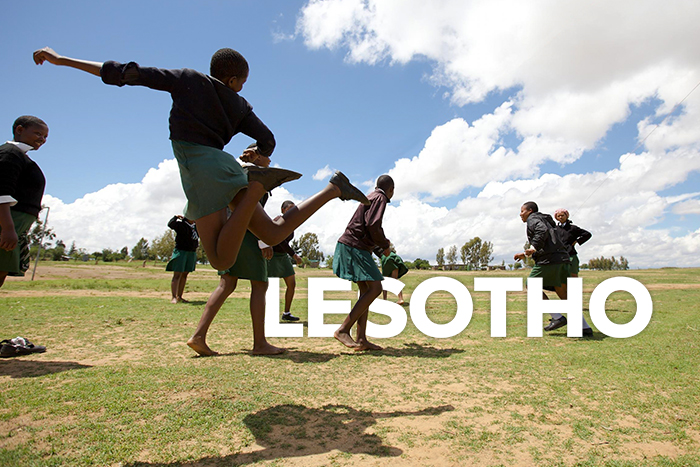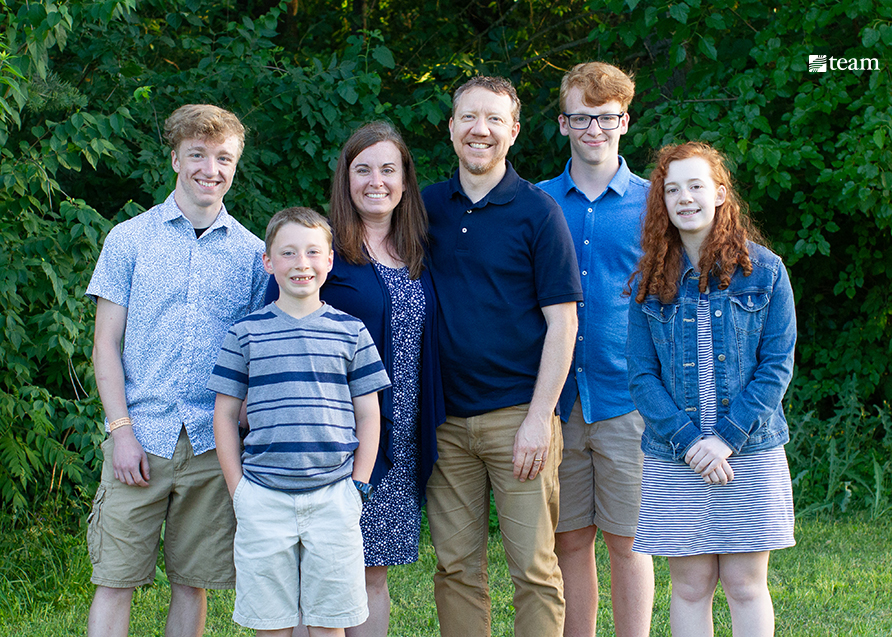
Becoming a Missionary
5 Reasons to Be a Missionary in Lesser-Known Lesotho
January 17, 2017
by Wesley Mills

When we consider overseas missions, we are often captivated by impact. We consider locations, gifts and desires to “maximize” kingdom effectiveness. Many of us look at cities like London, Tokyo or Dubai where we pray that the ripple effect of our efforts will carry on for generations. The longing is God-given, and if the Lord leads us there, we should joyfully accept the privilege.
But it’s good to remember Jesus isn’t confined to big cities and major outposts of industry and commerce.
He cares about the less dense populations, the marginalized and the forgotten but equally wanted. He cares about the ones who aren’t in the news but are in his heart. The ones he made from the beginning of time and who will rejoice with him at the end. (Acts 17:26, Rev. 7:9)
Shouldn’t we consider those options for global impact just as heavily? If we are looking for the ideal size of a crowd, we merely have to look to Jesus, who surrounded himself with 12 and deeply invested in three (Peter, James, John). He often ran away from the mobs of people and ministered in the outskirts and fringes of society.
Lesotho (pronounced Le-sue-too) is probably one of those fringes on your map. Landlocked by the southeastern part of South Africa, this country declared its independence from Great Britain in 1966. With around 2 million people, it’s not overly large in population or size, and it’s not recognized for much. Its most well-known feature is being the only country in the world to sit entirely above 1,000 meters in elevation.
Missionaries have worked in Lesotho for over 190 years, but the need is still great. Jurg Van Dyk works in conjunction with TEAM in South Africa and has seen more religious systems than gospel ministry. Jurg says, “Lesotho does not need more schools, hospitals, farming methods or any other programs. They need disciples of Christ to come make disciples of Christ.”
So out of all the countries, why consider Lesotho as an option? Recognizing obedience to the Holy Spirit and his call to go is first, but below are five reasons to carefully think about becoming a missionary in Lesotho.
The people
Jurg says the Lesotho people (also known as Basotho) are friendly and welcoming, especially when outsiders come in. They have a desire to please those they work with, even when they disagree with their tactics.
With one of the highest literacy rates on the African continent (80%), they are eager and willing to learn. However, many Basotho lack access to major cities and live in underdeveloped areas, which creates a prevailing sense of desperation and hopelessness.
The need
Lesotho has the second highest rate of HIV in the world. 310,000 of their people infected with the virus, according to the U.S. Department of Labor. The life expectancy is 48 years old (some estimates now say mid-30s), and with poverty slowing down economic growth, the response to this crisis is slow and cumbersome.
Actions have been taken to increase awareness and knowledge to combat this, but the church (or lack thereof) has been a noticeably absent voice to speak into this issue.
The opportunity
Christianity is the official religion of Lesotho. But while 90 percent of the country would claim to be Christians, true disciples are difficult to find.
Jurg says many Basotho “Christians” believe Modimo (God) cannot be approached by humans and ancestors act as intercessors between Modimo and the living. This form of religious syncretism is rampant and has caused great confusion among the people about what is true.
Going to Lesotho means you are stepping into a highly religious country, one that is transparent about what they believe. There is opportunity for gospel conversations and a heightened sensitivity to spiritual renewal.
Their fate
The Basotho people practice religious systems but have not been gripped by their need for Jesus.
The U.S. Department of Labor reported that “children in Lesotho continue to engage in the worst forms of child labor, including herding cattle and commercial sexual exploitation sometimes as a result of human trafficking. The gap between the compulsory education age and the minimum age for employment leaves children vulnerable to the worst forms of child labor.”
If the gospel is never shared and shown, both victims and perpetrators will never know of God’s unending grace and looming judgment.
Their God
The Lord of the universe created Lesotho and loves Lesotho and desires the Lesotho people to worship him in spirit and truth.
God cares about the plight of the Lesotho people and has not forgotten them. He cares about their earthly suffering and their eternal suffering, and so should we.
Related articles

